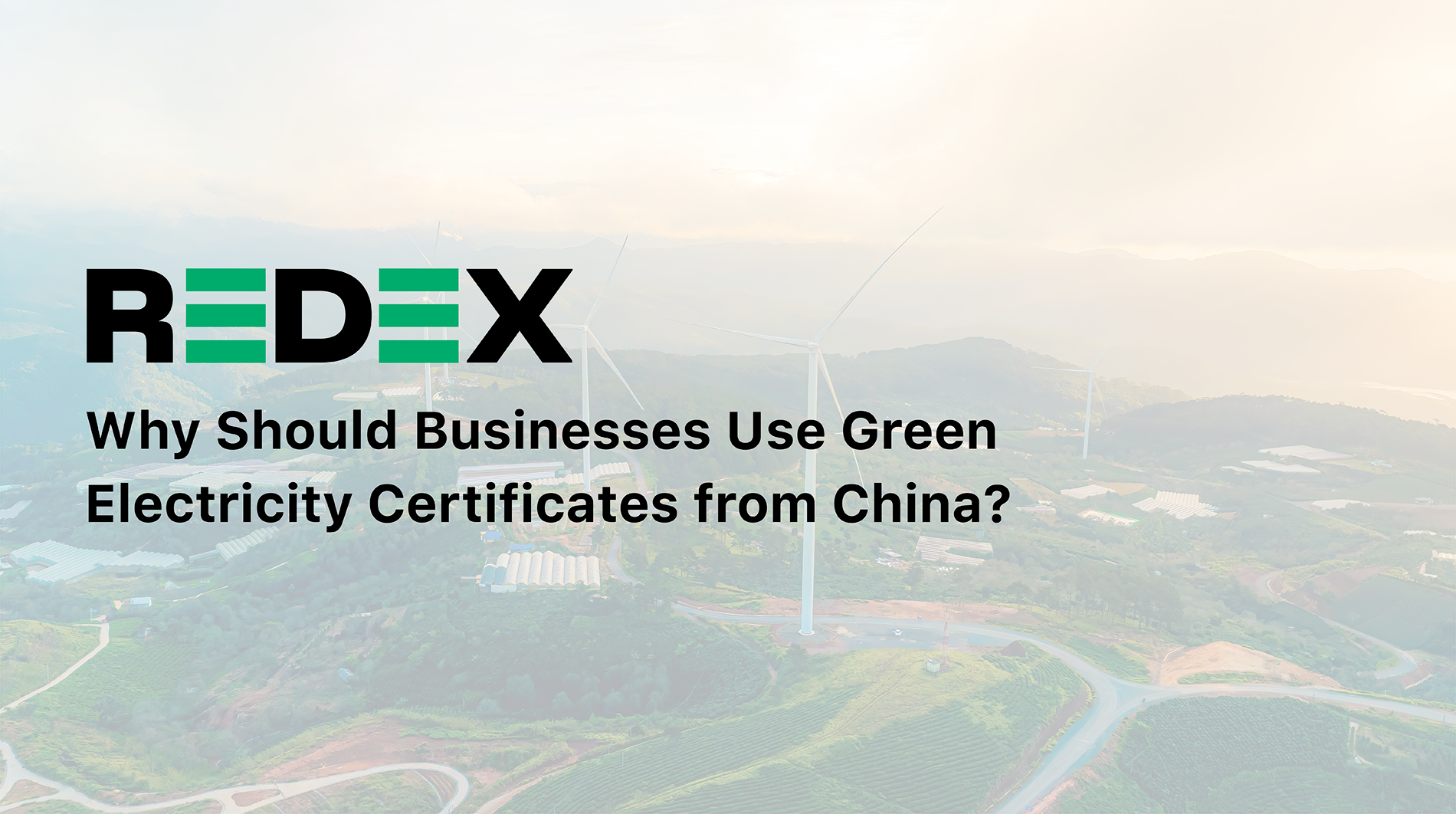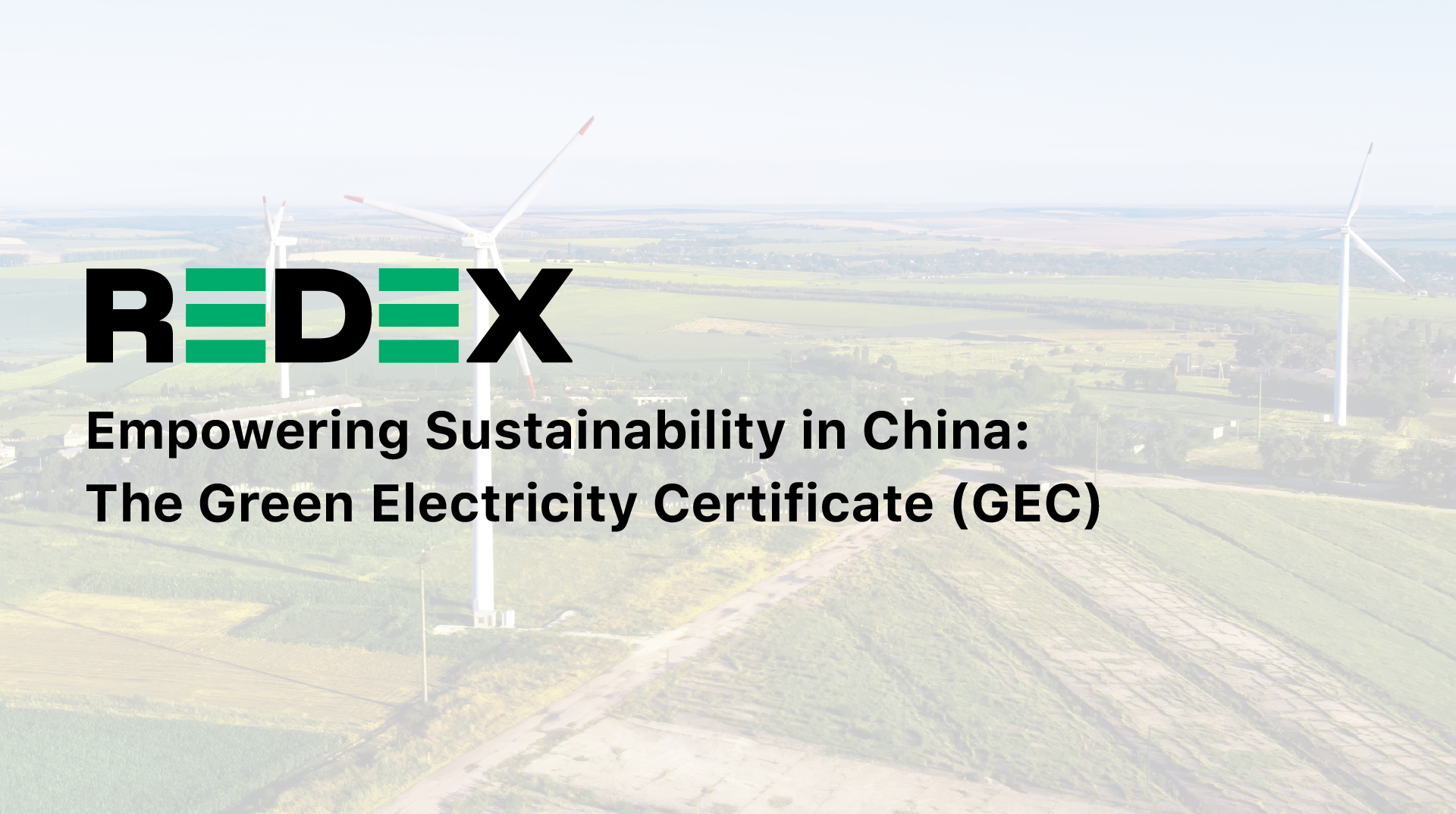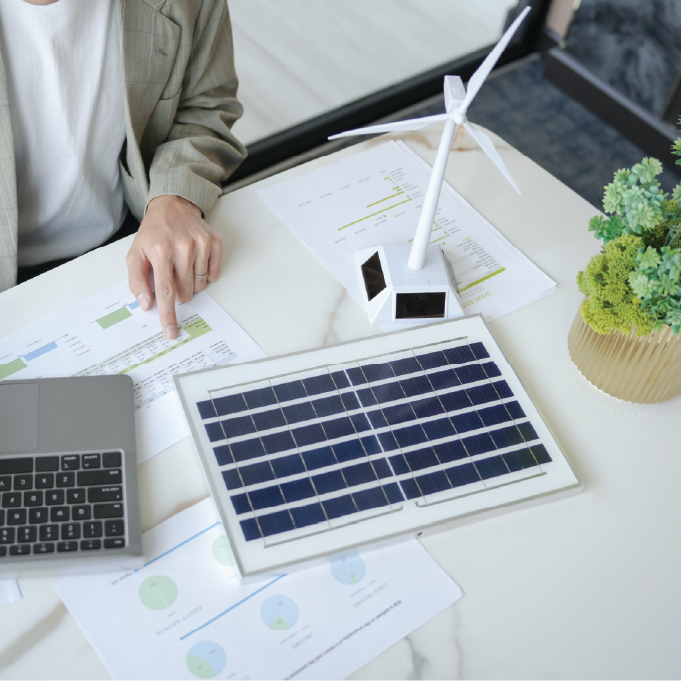Why Should Businesses Use Green Electricity Certificates from China?

As the world works towards a more sustainable future and limit carbon emissions, nations, businesses and individuals are embracing renewable energy. Some of these initiatives include: As a result, both demand for and supply of renewable energy have grown exponentially. According to the International Energy Agency, China will lead the way in renewables capacity over […]
Empowering Sustainability in China: The Green Electricity Certificate (GEC)

How has Renewable Energy Capacity Grown in China? As the world aims to triple renewable energy capacity to 11,000 GW by 2030, China is spearheading this endeavour to build new renewable energy assets. According to the International Energy Agency (IEA), China will: In 2024, total renewable energy capacity hit 1.889 TW or 56% of total […]
Green Buildings and Sustainable Architecture in Asia: Building a Low-Carbon Future

Explore green building design in Asia. Learn about energy efficiency, water conservation, materials, and how we can build a low-carbon future.
Renewable Energy: A Catalyst for Jobs and Economic Growth in Asia

Discover how renewable energy is creating green jobs and fueling economic growth in Asia. Explore the skills needed and the path to a sustainable future.
The Role of Technology in the Management of Renewable Energy

The renewable energy landscape is constantly changing, driven by technological advancements and the increasing need for efficient and sustainable energy solutions. As the world transitions towards a cleaner energy future, technology plays a pivotal role in optimising the management of renewable energy assets. From smart grids and energy storage solutions to blockchain applications and data […]
One-stop Technological Solutions for the REC Ecosystem

Contributing To The Development Of The RECs Industry REDEX offers innovative technological solutions that enable the convenient adoption of renewable energy. Based in Singapore, REDEX operates Asia’s leading REC trading platform, providing a one-stop ecosystem that supports the full REC lifecycle – asset registration, data verification, marketplace trading, and retirement. This streamlined approach empowers businesses […]
Renewable Energy Assets: A Guide to Maximising Its Potential

Renewable energy assets, such as solar farms, wind turbines, and hydroelectric plants, represent a significant investment in a sustainable future. However, simply owning these assets is not enough to guarantee success. Effective management is crucial for maximising their performance, ensuring longevity, and optimising financial returns. This guide explores the key aspects of renewable energy asset […]
RECs vs Carbon Offsets

Although Renewable Energy Certificates (RECs) and Carbon Offsets are critical tools for decarbonisation, they serve distinct and complementary roles. RECs primarily act as an accounting mechanism for Scope 2 emissions, which are tied to electricity usage. By providing proof of the generation of renewable electricity, RECs enable organisations to claim the environmental benefits of clean […]
Enhancing the RECs Ecosystem, Enabling Convenient Adoption of Renewable Energy

Renewable Energy Certificates (RECs) can support the transition to a cleaner energy future. They empower businesses and individuals to take meaningful action by signaling their support for renewable energy projects, reducing carbon footprints, and driving demand for clean energy. Procuring and retiring RECs not only helps to meet sustainability goals but also demonstrates a strong […]
What Are Renewable Energy Certificates (RECs)

The journey toward a sustainable future relies heavily on clean energy, yet accessing 100% renewable electricity is not always feasible for businesses or individuals. Renewable Energy Certificates (RECs) offer a practical and impactful solution, allowing electricity consumers to support renewable energy projects and contribute to global sustainability efforts. What Are RECs? RECs provide proof that […]

